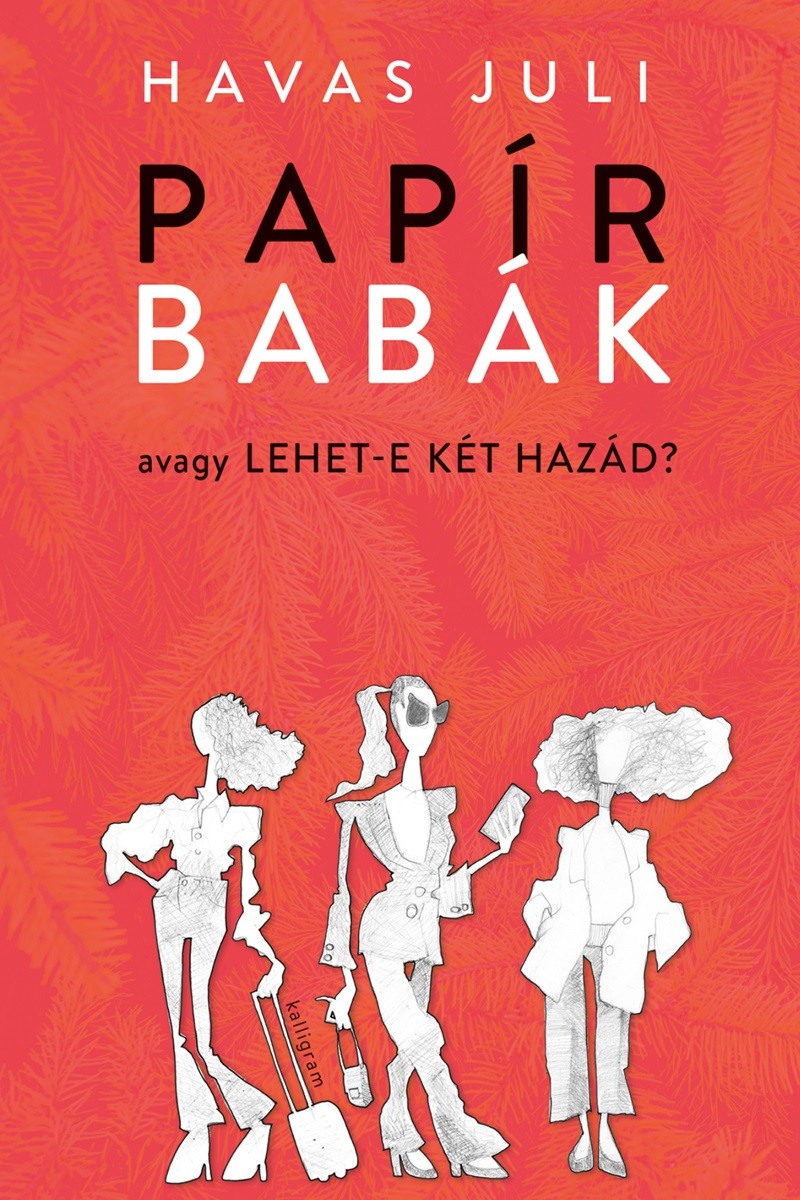transylvania, The eighties.
Store shelves are empty, and plastic bags have become a luxury item. Contraception is punishable by imprisonment. The coast is guarded by armed soldiers who try to escape across the sea, while… Hungarians and Romanians bathe separately on the nudist beach.
In a small town populated by Hungarians, Viola, who is preparing to become a doctor, and Mimi, a rebellious and sensitive artist, are sure that they will remain friends forever. But when it pops up in their lives the first loveSecurity and betrayal, and a happy childhood suddenly ends.
Can we call it a country where life is hopeless? When does the point come when you have to go at all costs? Will our lives be better after that? What does home mean? What can friendship endure? And what is love?
In her second novel, Julie Havas tells with her usual sensitivity about love, betrayal and homesickness, about why doctors left Transylvania en masse in the 1980s and 1990s, and how they flourished in the wider world, while revealing to the reader the story of a world he had heard little about until now.
I intended the novel to be a story of friendship, a testament to my sincere appeal to childhood, to friendships old and new and new that began long ago and last forever. In honor of everything that happens in great history or in our small life, these people live in us forever and ever, and thanks to them we become more and better.
– says the author, who was born in Szkelyudvárhelyi, and who thought he would never be able to write about Transylvania, because he left home alone at an early age to find his homeland. Then he hid his nostalgia within himself for thirty years, and now he is searching for an answer to the question of his book: Can we have two homelands?
“Home is a place where you are not homesick,” I argue. “And my father, I still have him.”
– Writes in one place in the folder.
By Julie Havas Its heroes set out from the dense and dark world of twentieth-century Eastern Europe to find happiness and give meaning to their lives. The novel gives an accurate view of Transylvania and Hungary at the end of the last century, of the feelings that revolve in the historical unconscious, in which its heroes are born.
– Writer Gergely Peterfi reflects on the book.

“Is it possible to be freed from the grip of existence in Eastern Europe, from the miserable legacy of nationalisms and dictatorships, from the cycle of betrayals, secrets and silence? Are humanity and love enough to redeem the individual? The reader will find specific answers in the novel.”
Julie Havas was born in Szekelyudvárhelyi in 1962. He is a doctor in civilian life, and his name is not used in literary life. His novel A Nincs Hold, ha nem nézed, which was shortlisted in the top ten for the Margó Prize for Best First Volume of Prose, was published by Caligram Publishing in 2022.
Papírbabák will be performed on Friday, May 24, 2024 at 5:00 pm at the Margó Festival, on Kristály Színtér in Margitsziget.












































